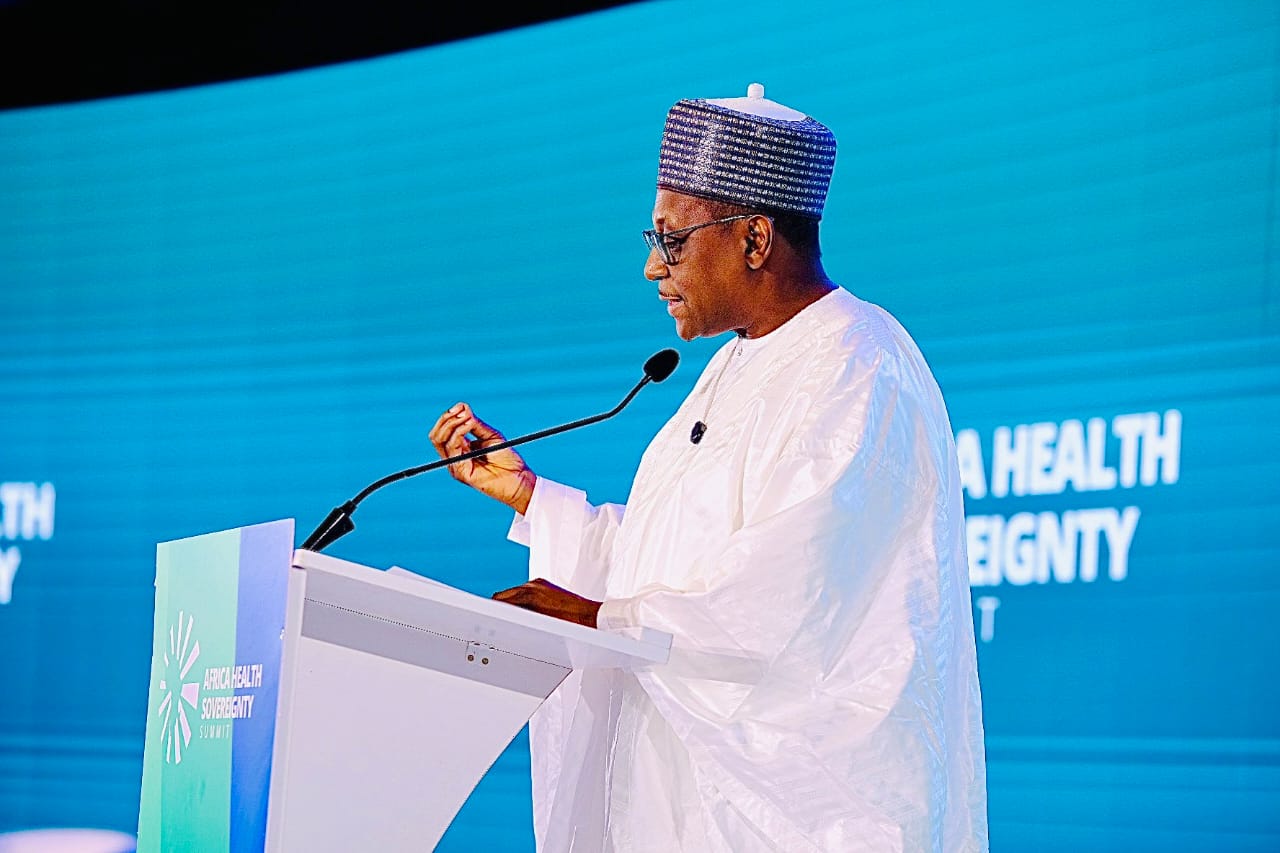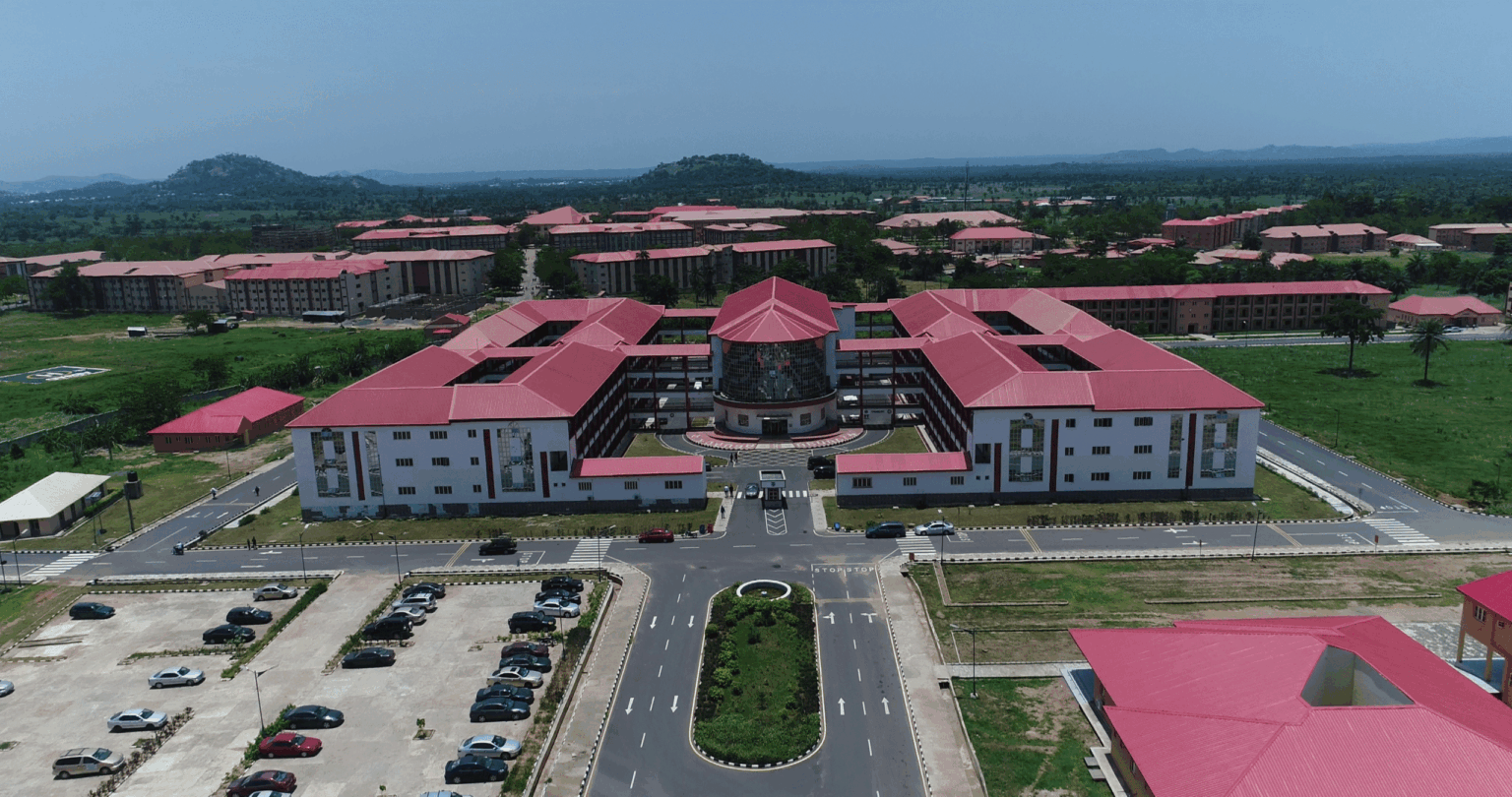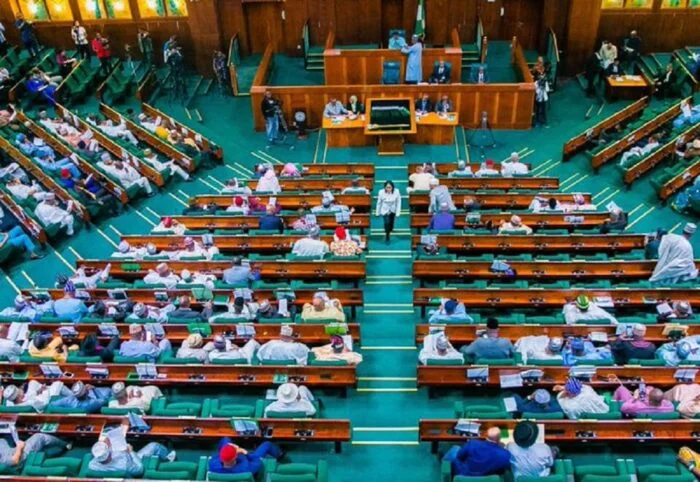Nigeria’s Coordinating Minister of Health and Social Welfare, Professor Muhammad Pate, has called for a radical shift in the way global health is governed.
He made a case for a system that puts Africa at the centre of the conversation.
Speaking on Tuesday, at the Africa Health Sovereignty Summit in Accra, Ghana, Pate challenged the dominant, donor-led frameworks that have long defined international health efforts.
He argued that Africa’s role has been reduced to that of a passive recipient, with global health priorities shaped by foreign agendas rather than local needs.
“Global health is too often described through the lens of a few diseases, HIV, malaria, TB, or shaped by perspectives that barely acknowledge African voices,” he said.
Pate noted that most health gains across low-income countries over the past two decades have been driven by local leadership and domestic investment, not external funding.
Yet, he noted that donor influence continues to dictate what matters.
“We cannot build healthier populations purely on the generosity of other nations.
“It is time to define our path rooted in sovereignty and aligned with local needs,” he said.
He traced global health’s evolution to two opposing legacies: the collaborative sanitary movements of the 19th century, and the more troubling roots in colonial medicine and neo-colonial structures—a dynamic that, he said, Ghana’s Kwame Nkrumah criticised decades ago.
Despite multiple historic efforts, such as the 1955 Bandung Conference, the 1978 Alma-Ata Declaration, and numerous global debt initiatives, Pate said systemic inequities persist, undermining African agency and weakening institutions like the World Health Organisation.
“Donor-driven priorities compromise the independence of national and multilateral health systems.
“We need predictable, unearmarked funding and country-led solutions,” he added.
To correct this, Pate unveiled a seven-point strategy for reclaiming leadership and resilience in African health systems.
At the heart of his proposal is the creation of a South–South geopolitical alliance, linking Africa with Asia, Latin America, and the Caribbean to demand equity in global health governance.
He called for the industrialisation of Africa’s health sector through the African Continental Free Trade Area (AfCFTA), involving ministries of trade and finance in efforts to strengthen local manufacturing, build health infrastructure, and standardise regional health practices.
“We must revise trade terms that limit access to essential medicines and build out the full health value chain, from diagnostics and test kits to digital platforms,” he said.
In terms of financing, Pate urged African countries to shift away from reliance on aid by exploring pooled regional health funds, diaspora bonds, and blended finance as tools for long-term sustainability.
He also emphasised the need for stronger intellectual property frameworks to protect local innovation and encourage homegrown health solutions.
His address aligns with broader continental priorities that focus on resilience, equity, and economic sovereignty, a growing sentiment among African leaders calling for a new era in global health, led by the continent itself.
“This is not just about health. It’s about dignity, self-determination, and ensuring our systems serve our people first,” he concluded.




